By Javier Soriano
The sea has always posed a generous source of resources for the mankind and an ideal means connecting individuals and communities; firstly at a local scale and later communicating individuals and interests all over the world, cementing, thus, the global society we live in.
Parallel to the wake of the industrial age, we have discovered the sea as a vast and complex ecosystem which is fragile and sensitive to our interaction with it. The growing volume of resources we demand threats the marine ecosystems and the biosphere as a whole, as anyone could agree and corroborate with their own experience in view of the environmental degradation we can see locally or the devastating effects that the environmental impact of our lifestyle and consumption habits has generated; compromising the climate even in the most remote and isolated locations in our planet.
Bearing this in mind, classic sailing insofar as it exposes us all to the greatness of the sea -despite the greater comforts and safety resulting from all kinds of advances in the steering, operation and communication of a modern sailboat- represents a valuable opportunity for our great knowledge of the marine environment. It is difficult for us to appreciate the value of what we do not know let alone caring about the fragility of something unknown, particularly if that could imply readdressing our priorities or sacrificing our well-being… That is just a chimera and vulgar wishful thinking with no use or real purpose.
Far from being a means for the enjoyment and knowledge of the marine environment, classic sailing is also an incomparable tool for the acquisition of essential values for human beings such as solidarity and cooperation for our own benefit as individuals, propping up, thus, the resilience of our society and the ability of our species to seek for sustainable paths for our development and prosperity.
A few weeks ago I had the pleasant opportunity to share a couple of days of my life with four other people on board a sailboat that was about to set sail from La Rochelle towards Fuenterrabía, as the first stage of a beautiful project aiming to recreate the Camino de Santiago from the sea; offering those who enroll in this noble adventure the chance to know the ports and people of the Bay of Biscay and the Cantabrian Sea and making them witnesses of the landscapes, history and culture of such rich and old regions.
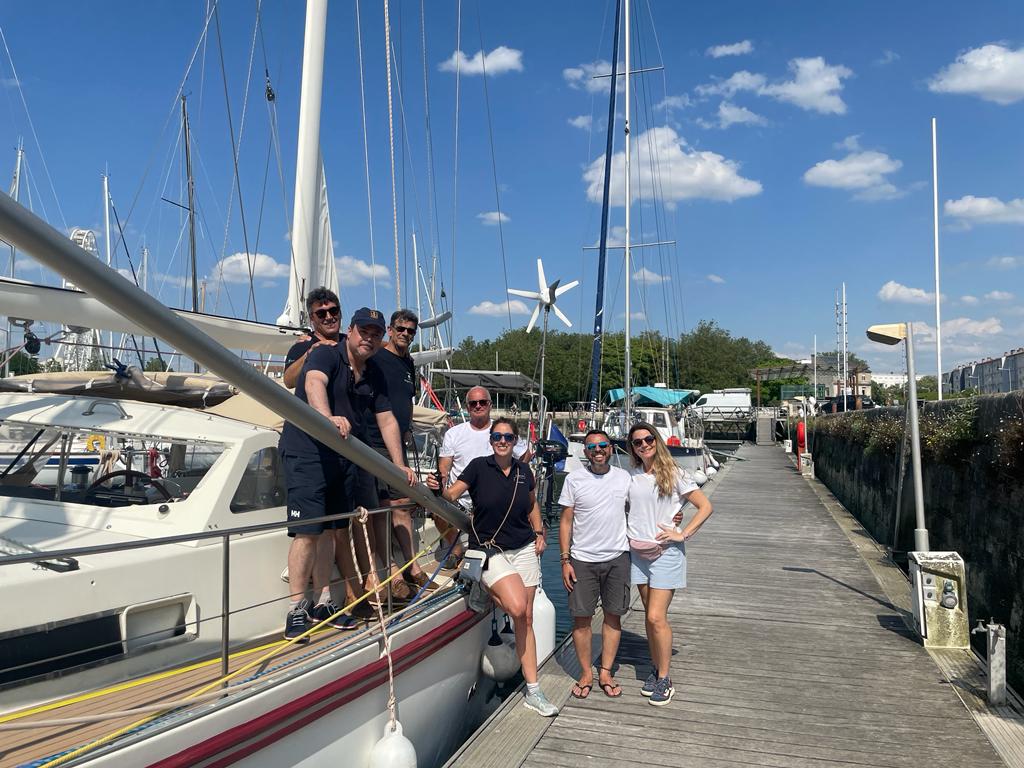
From my brief days aboard the “Malaïka” I keep indescribable memories of the places I visited, the landscapes I saw and the people I met: the patient and hard-working Paul, our Captain; Oriol, always eager to share his knowledge and experiences at sea; Fico, his passion for adventure; and Rubén, enthusiastically living his discovery of the sea. Even more than I appreciated sharing these landscapes and places with my companions, I am extremely grateful for having lived these days imbued with the solidarity and affection that people I did not know offered me; people whom I was only united to by the circumstance of meeting in the middle of the sea, depending on each other.
What could separate our lives ashore could not prevent the unfold of the strong ties that only form between people who are in a hostile and intuitively know of their mutual dependance.

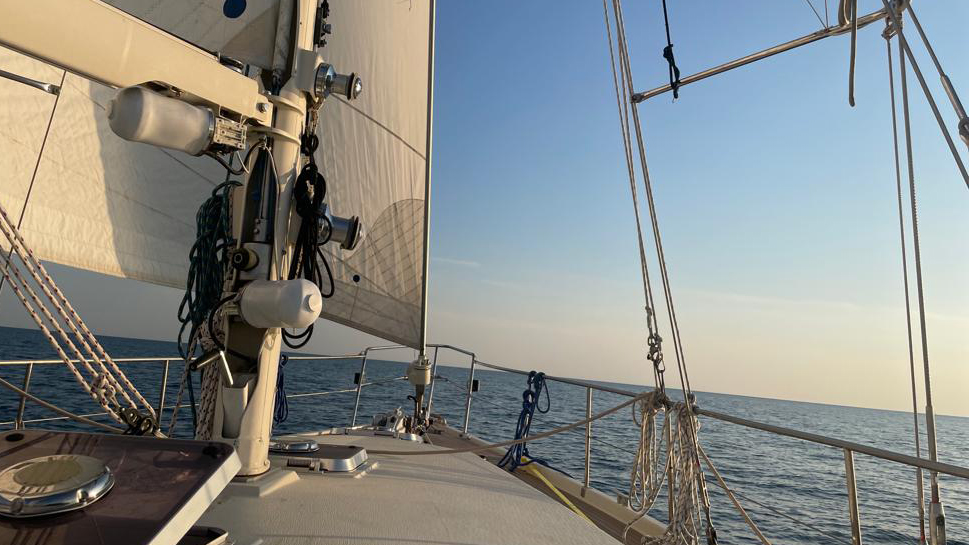
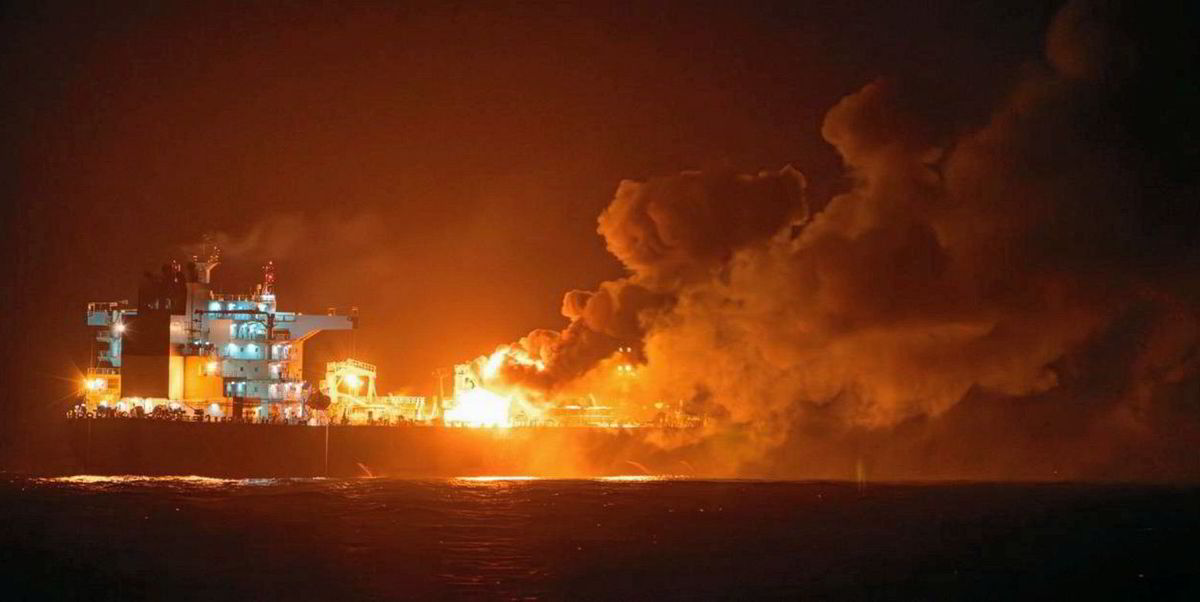
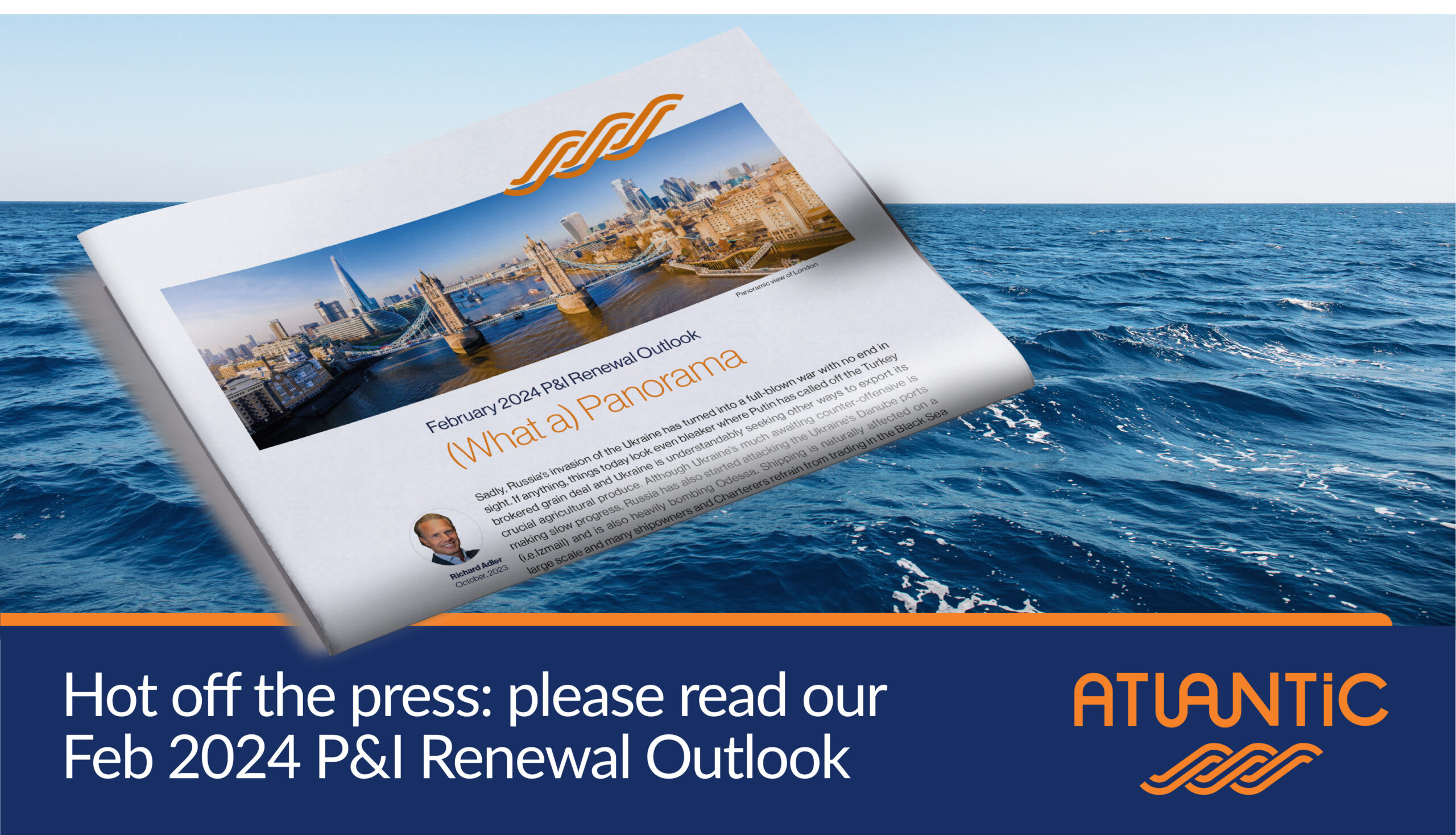

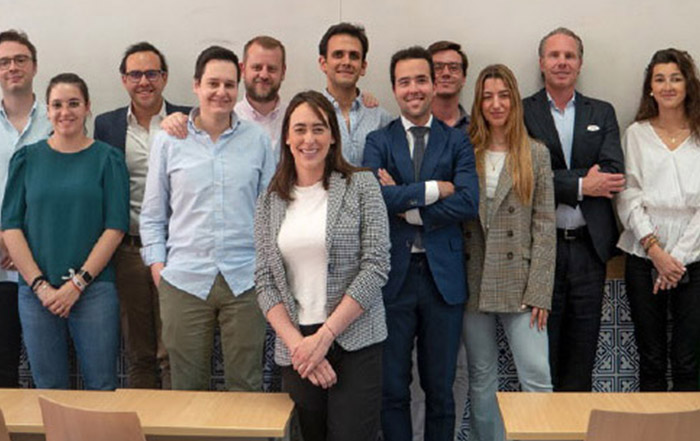
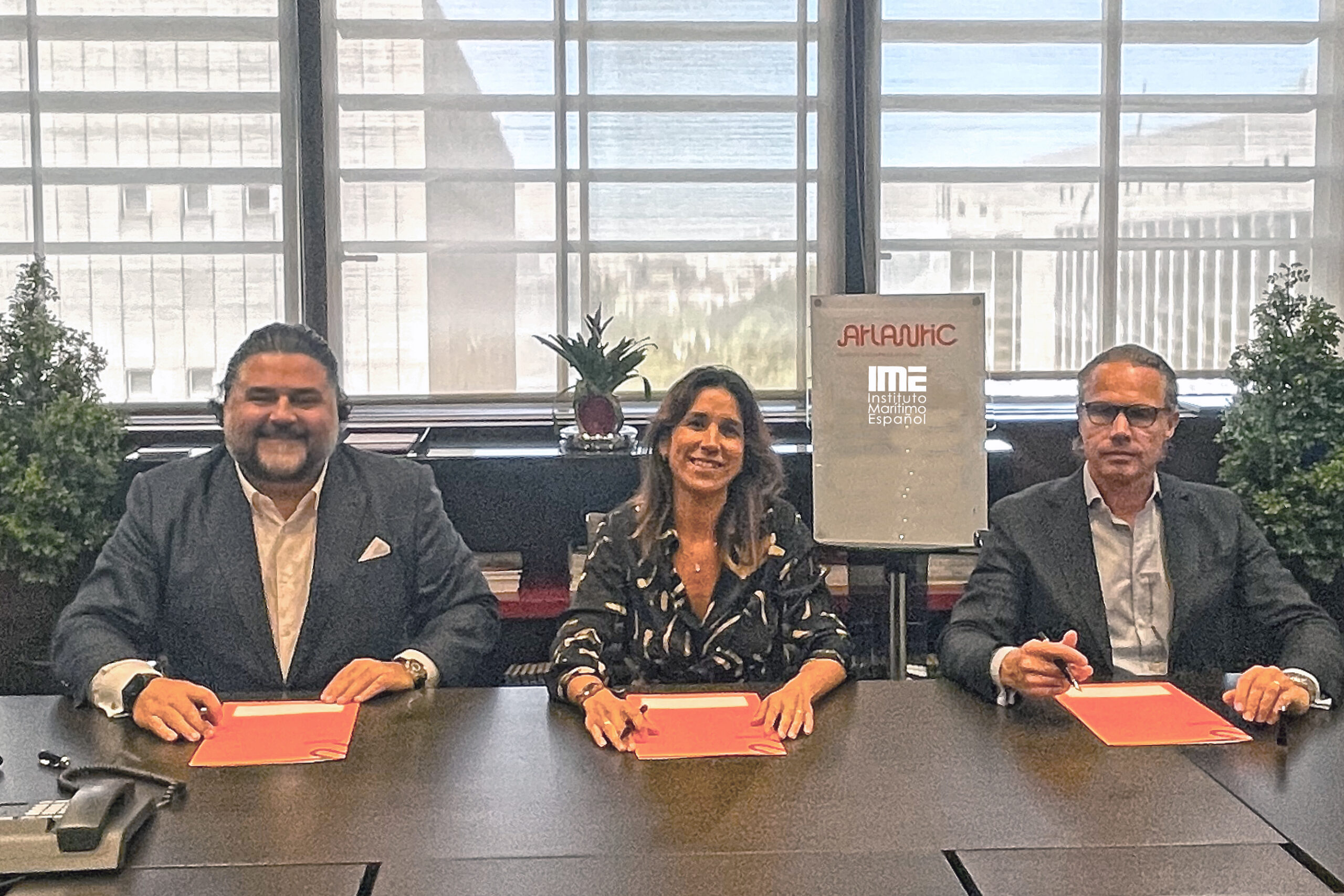
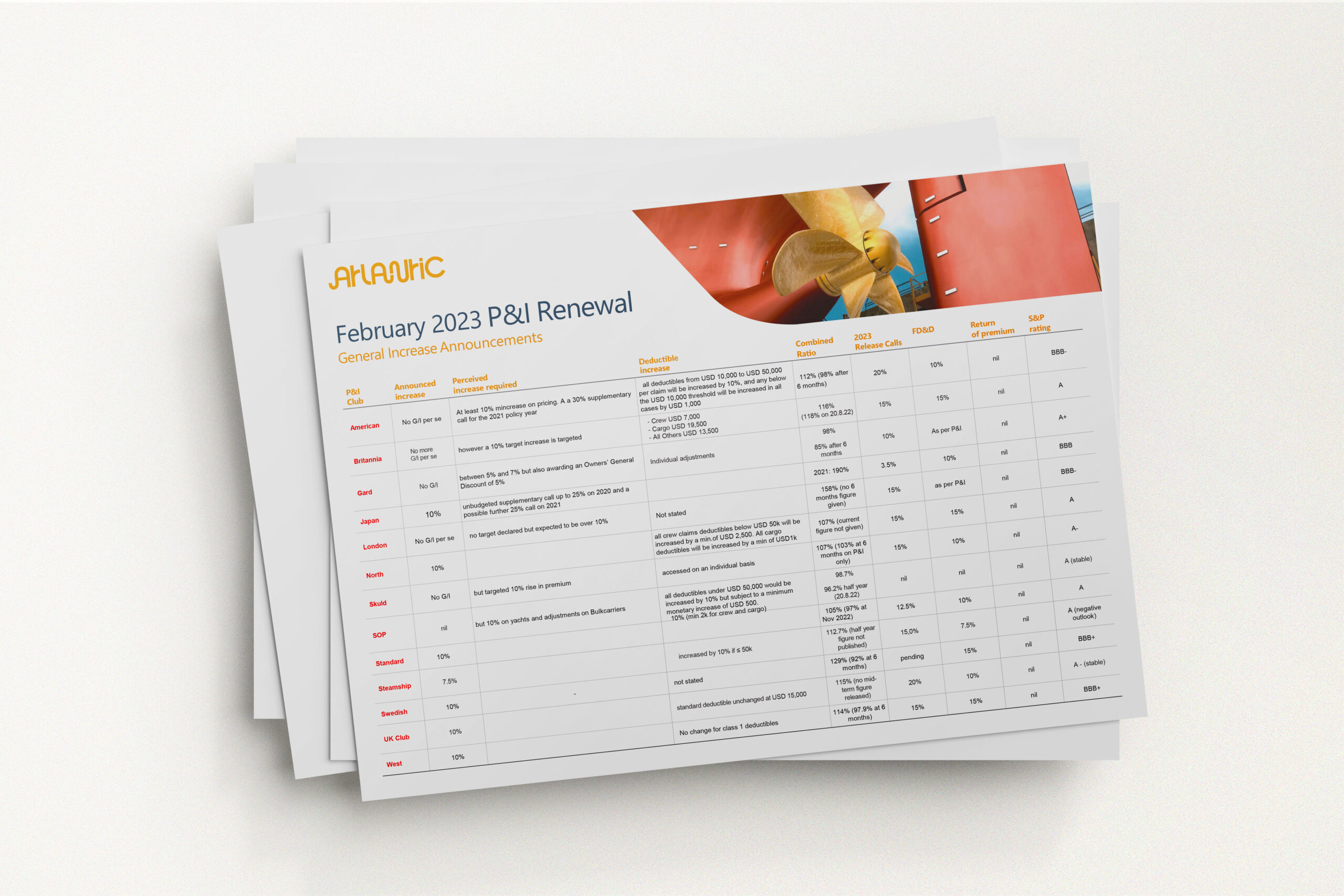
Leave A Comment